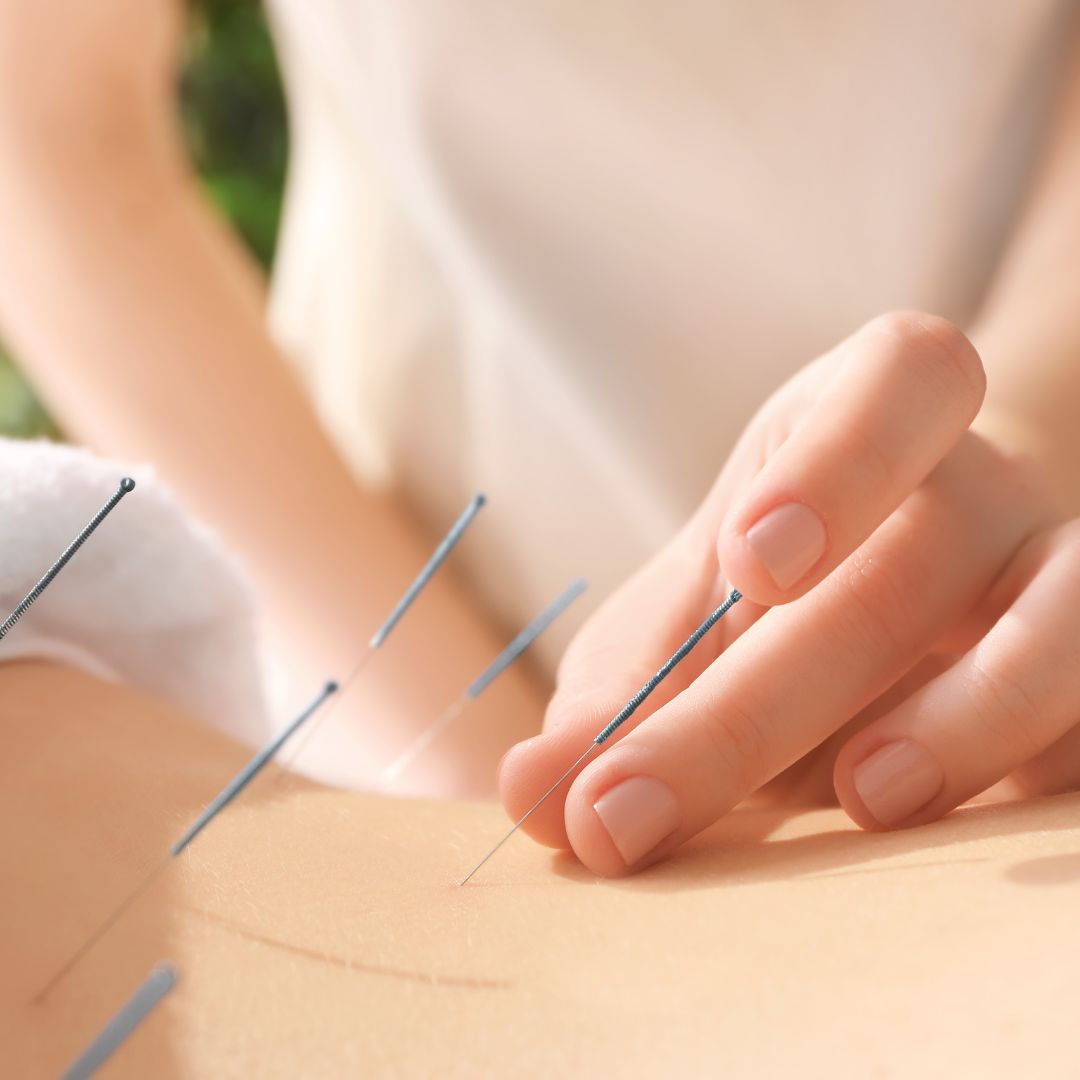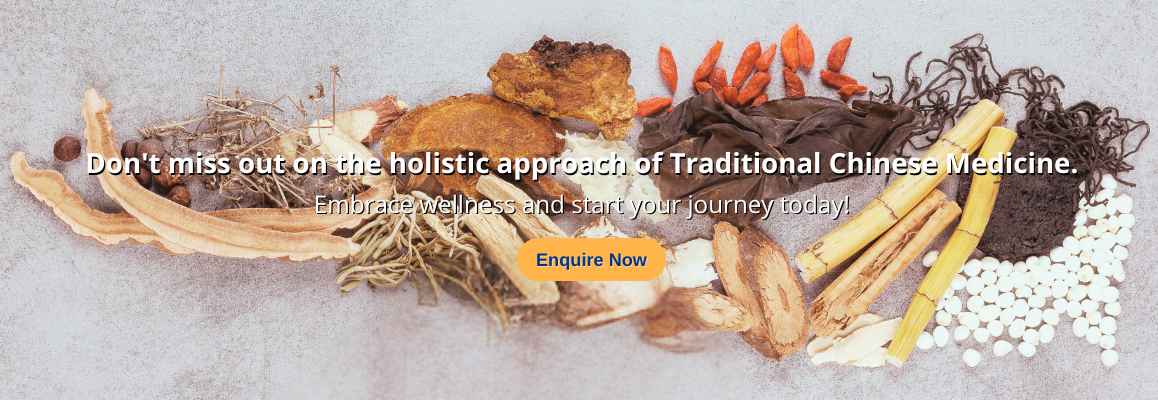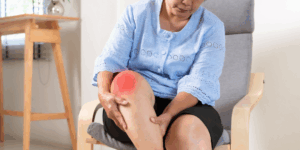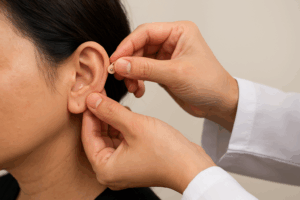Premenstrual Syndrome (PMS) is a common condition affecting many women, often accompanied by symptoms such as bloating, mood swings, fatigue, headaches, breast tenderness, and abdominal cramps before a period. While lifestyle changes and medications may provide temporary relief, Traditional Chinese Medicine (TCM) offers a natural and holistic approach to managing PMS through acupuncture.
Acupuncture has been practiced for centuries in TCM to regulate the menstrual cycle, balance hormones, and alleviate discomfort. By restoring the smooth flow of Qi (气) and Blood (血) in the body, acupuncture effectively reduces PMS symptoms and promotes overall well-being.
How Does TCM View PMS?
In TCM, PMS is believed to be caused by imbalances in Qi and Blood flow (气血失调), particularly affecting the Liver (肝), Spleen (脾), and Kidney (肾) meridians. When these organs are out of balance, it can lead to a variety of PMS symptoms. Some common TCM syndromes related to PMS include:
Liver Qi Stagnation (肝气郁结)
The Liver is responsible for the smooth flow of Qi and Blood throughout the body. When Liver Qi becomes stagnant due to stress, emotional tension, or an unhealthy lifestyle, it can lead to symptoms such as irritability, mood swings, breast tenderness, and bloating. Women with Liver Qi Stagnation often experience worsened symptoms right before their period.
Blood Stagnation (血瘀阻滞)
Blood Stagnation occurs when Qi and Blood are not circulating properly, leading to painful menstruation, dark or clotted menstrual blood, and severe cramps. Acupuncture helps to invigorate Blood circulation (活血化瘀) and relieve pain by removing blockages in the meridians.
Spleen Qi Deficiency (脾气虚弱)
The Spleen plays a crucial role in digestive health and the production of Qi and Blood. When the Spleen is weak, women may experience fatigue, bloating, poor digestion, and water retention. Acupuncture helps strengthen the Spleen, improving energy levels and reducing bloating.
Kidney Yang Deficiency (肾阳虚)
In TCM, the Kidneys store essence (肾精) and are closely related to reproductive health. A deficiency in Kidney Yang can lead to cold hands and feet, lower back pain, frequent urination, and fatigue. Acupuncture helps warm and tonify the Kidney Yang (温肾补阳), improving circulation and restoring vitality.
How Acupuncture Helps with PMS
Regulates Hormonal Balance
Acupuncture stimulates the endocrine system by regulating hormone levels such as estrogen and progesterone. As a result, acupuncture helps to stabilize emotions, reduce irritability, and prevent hormonal fluctuations that trigger PMS symptoms.
Relieves Pain and Cramps
Many women experience menstrual cramps due to uterine contractions and poor Blood circulation. Acupuncture helps to relax the uterus and improve Blood flow, effectively reducing pain and discomfort. By targeting specific acupoints like Sanyinjiao (三阴交, SP6) and Zigong (子宫穴), acupuncture alleviates cramping and promotes a smoother menstrual cycle.
Reduces Stress and Anxiety
PMS often shows up in the form of emotional imbalances, such as stress, anxiety, and depression. Acupuncture helps to calm the mind (安神定志) by regulating the nervous system and reducing the production of stress hormones like cortisol. Acupoints such as Yintang (印堂穴) and Shenmen (神门, HT7) are commonly used to promote relaxation and emotional stability.
Improves Digestion and Reduces Bloating
Women with PMS frequently experience bloating, poor digestion, and water retention due to weakened Spleen Qi (脾气虚). Acupuncture helps to strengthen the Spleen and Stomach (健脾和胃), improving digestion and reducing symptoms like gas, bloating, and heaviness. Stimulating acupoints like Zusanli (足三里, ST36) and Tianshu (天枢, ST25) supports digestive function and relieves bloating naturally.
Boosts Energy Levels
Many women feel exhausted before or during their period due to Qi and Blood deficiency (气血不足). Acupuncture helps to tonify Qi (补气) and nourish Blood (养血), restoring energy levels and reducing fatigue. Strengthening the Kidney and Spleen meridians supports overall vitality and improves resilience to PMS symptoms.
What to Expect During an Acupuncture Session?
A typical acupuncture session for PMS relief lasts between 30 to 45 minutes. The treatment involves inserting fine, sterile needles into specific acupoints related to the Liver, Spleen, and Kidney meridians. Most patients experience a deep sense of relaxation during the session, and many report an improvement in PMS symptoms after a few treatments.
For best results, a full course of treatment over several menstrual cycles is recommended. Your TCM physician may also suggest dietary and lifestyle adjustments to further support hormonal balance and menstrual health.
Experience Natural PMS Relief with Acupuncture
Acupuncture offers a holistic, drug-free solution for managing PMS by addressing the root causes of imbalance in the body. By improving Qi and Blood circulation, regulating hormones, and reducing stress, acupuncture provides long-term relief from PMS symptoms.
If you experience PMS discomfort, consider trying TCM acupuncture to restore balance and improve your well-being. Book an appointment with our experienced TCM physicians today and start your journey to better menstrual health!













